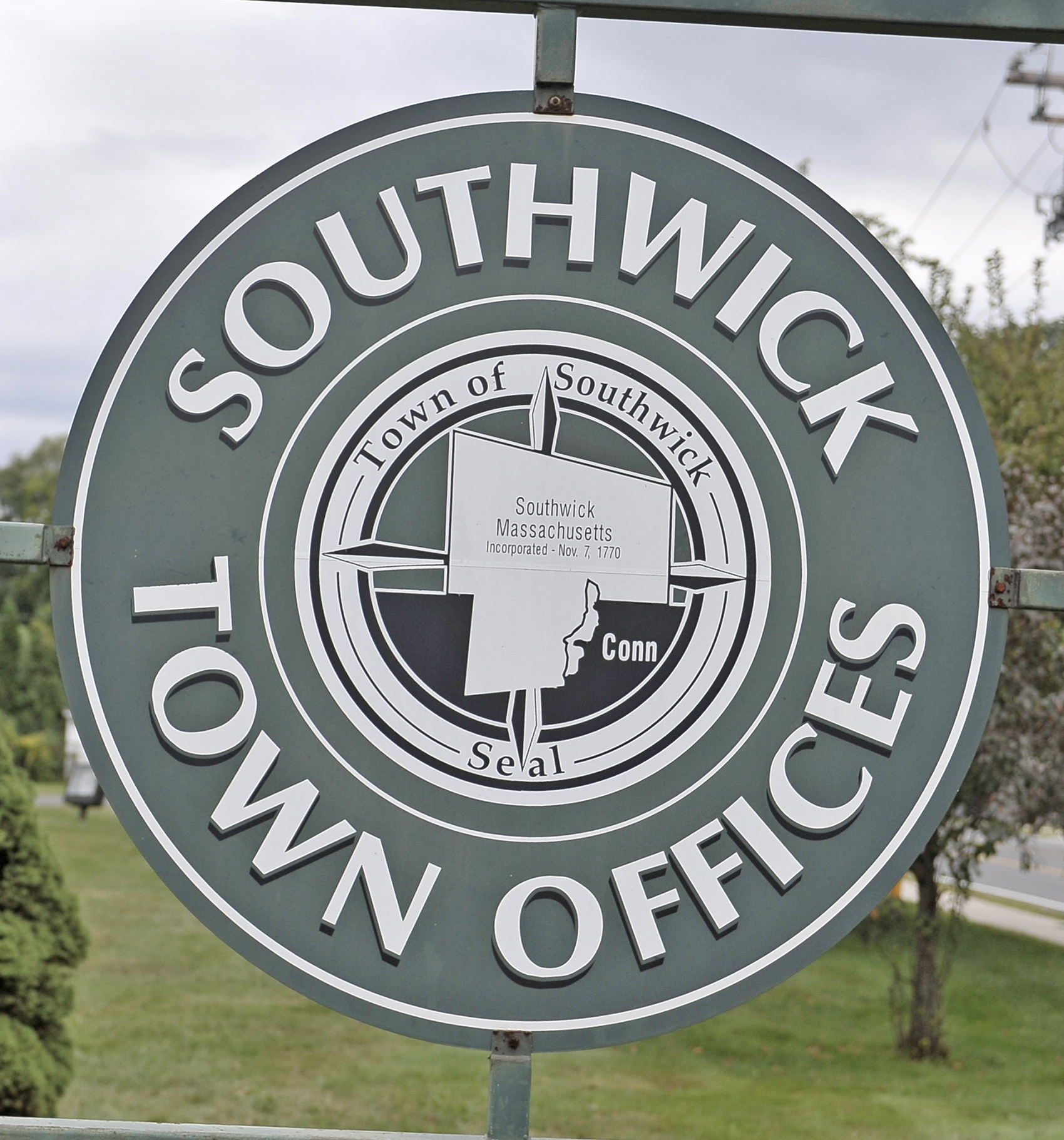BOSTON – Southwick state Rep. Nicholas Boldyga has long advocated for welfare reform and said the most recent abuse scandal is why he has been trying to shed light on the situation.
“From day one I’ve worked to bring attention to the fraud and theft in the welfare system,” said Boldyga, a Republican. “I’ve proposed and advocated for common sense reforms year in and year out that have been continuously shot down by the majority party.”
A state audit released this week revealed the state’s welfare agency made millions of dollars in questionable payments to people who were dead or otherwise ineligible for benefits, and missed numerous opportunities to detect potential fraud.
Boldyga said there is only one way to resolve the issue.
“If citizens of the Bay State are truly concerned about their tax dollars and want to see this ship righted, its time for a change of captains. That’s only going to happen at the ballot box,” he said.
Longmeadow state Rep. Brian Ashe, a Democrat, called the audit findings “disgusting.”
“It is disgusting that in this day and age the technology and security is not up to date to stop people from finding these loopholes,” he saiid. “And it is disgusting the lengths people will go to manipulate the system. It takes away from the people that really need it.”
The report, released May 28, has already contributed to attempts at reform within the Department of Transitional Assistance, state Auditor Suzanne Bump said. In March, the agency unveiled a plan for ending abuse and assuring that benefits are legitimately going to those eligible to receive them.
The 2½-year audit found a total 1,164 people who continued to receive welfare benefits for periods of six months to up to 27 months after they died, totaling nearly $2.4 million in payments.
In most cases, electronic benefits transfer (EBT) cards belonging to dead persons were being used by unauthorized individuals to make store purchases or withdraw cash from an ATM, according to the report.
In some cases, the auditors found, benefits were paid to guardians who claimed dead people as dependents.
“This audit demonstrates that DTA can do more to ensure that only eligible people are receiving benefits and that those benefits are not being abused,” Bump said in a statement.
Ashe said the abuse creates a “black eye on welfare.”
“Welfare was set up to help people who really need it, to help them get back on their feet,” Ashe said.
The audit also faulted the agency for failing to verify self-reported Social Security numbers, resulting in more than $1 million in benefits paid to people who had two separate Social Security numbers, had numbers that were being used by more than one individual or had a temporary number that was invalid.
Five regional DTA offices could not provide documentation for what happened to 30,000 blank EBT cards, the auditors said, raising questions about security and whether employees may have inappropriately used the cards, which work much like debit cards to allow welfare benefits to make purchases. The audit did not identify any specific criminal activity.
Bump also said the agency missed opportunities to ferret out fraud and abuse using reporting generated internally by the very technology it uses to administer benefits.
These unused reports pointed to more than $15 million in suspicious EBT activity that should have been flagged and investigated, the auditor said. For example, the department failed to follow up on people who made excessive requests for replacement EBT cards, a likely indication of illegal trafficking of the cards. One individual had been issued as many as 127 replacement cards since 2006.
Other examples of fraudulent patterns that could have been detected included $1.5 million in even-dollar food purchases in amounts such as $100 or $250 — unusual because purchases of food rarely end in even-dollar amounts.
Many of the auditor’s findings were shared in advance with welfare officials and mirror some of the findings in an earlier report by the state’s Inspector General
“The audit report’s recommendations align with DTA’s recently released 100-Day Action Plan, which takes proactive steps to prevent fraud and abuse, block EBT card usage at prohibited establishments and increase monitoring of card usage,” said Stacey Monahan, interim commissioner of the welfare agency.
Monahan also pointed to a recently-announced program that allows for the sharing of data with local police departments about possible misuse of EBT cards by recipients and retailers.
The audit could result in further criminal investigations.
A spokeswoman for state Attorney General Martha Coakley said her office is “carefully reviewing” state Auditor Suzanne Bump’s report to determine whether a fraud investigation should be initiated.
Bump told The Boston Globe that the investigatory arm of her office is also identifying cases for possible prosecution.
State House Speaker Robert DeLeo told the Boston Herald he was “appalled” and suggested reviving efforts to put photos on welfare benefits cards.







